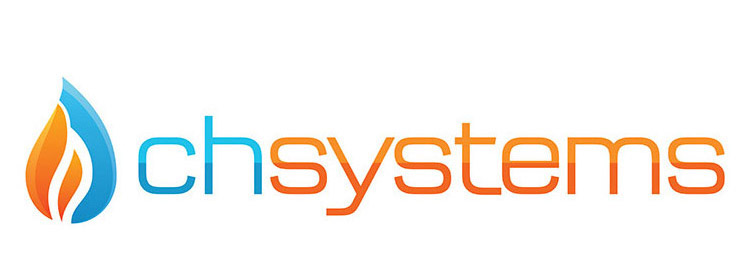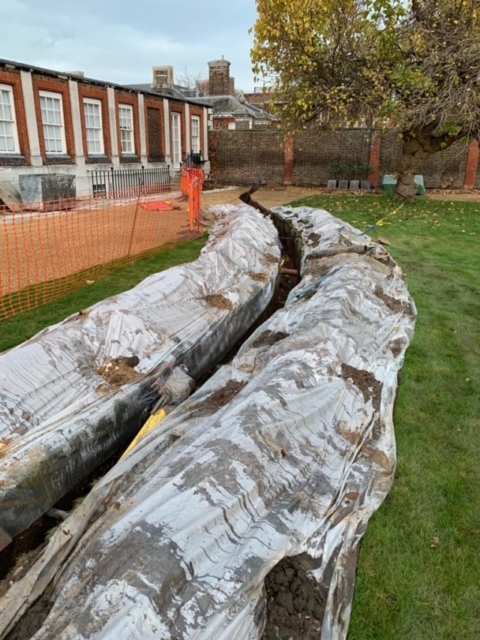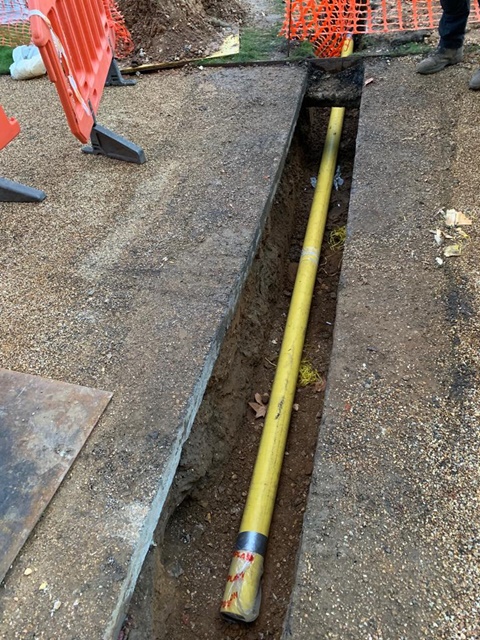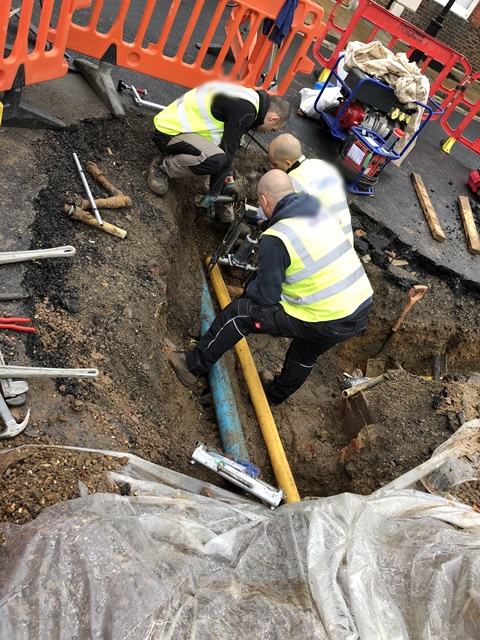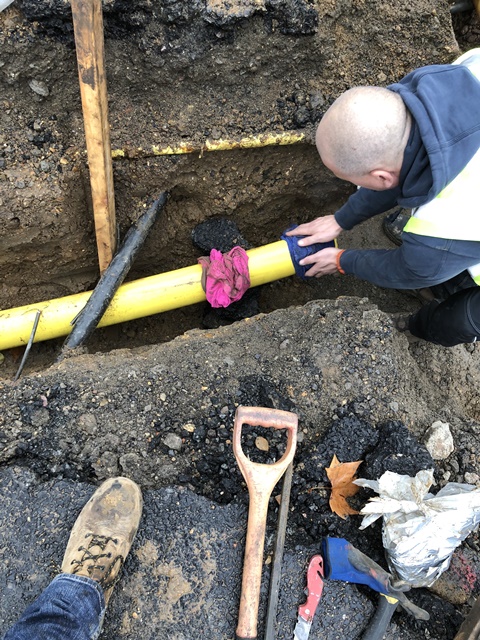How much does it cost to run an office?
Electricity makes the world go round – and the office. Finder.com recently published a compilation of the latest statistics that reveal how UK businesses consumed and spent money on energy over the last year. It’s a useful piece of information as it enables business owners who might be worried they’ve overspent to see where they sit on the scale of average.
The cost of running your office is dependent on many factors but the average cost for a micro, small and medium office is as follows:
Micro – Electricity: 5,000 – 15,000kWh (£1, 062); Gas: 10, 000 kWh (£430)
Medium – Electricity: 15,000 – 30,000kWh (£2,038); Gas: 25,000kWh (£856)
Large – Electricity: 30,000 – 50,000kWh (£3, 146); Gas: 45,000kWh (£1,424)
The appliances that are cost offices the most are:
Appliance Percentage of total electricity bill
Air Con 29.15%
Light Fittings 26.12%
Computers 10.1%
Vending Machine 6.05%
Water Cooler 6.05%
Kettles 4.66%
Fridge 3.33%
Printers 3.02%
Hand Dryers 2.59%
Microwaves 1.73%
TV Screen 1.71%
Laptops 1.27%
Dishwasher 1.04%
Toasters 1.04%
Coffee Machine 0.86%
Desk Fans 0.48%
These statistics offer insight into where businesses can cut back on costs when it comes to running an office or perhaps even invest more if the budget allows.
For all your energy related questions, feel free to contact the CH Systems team on 0208 302 8149 or info@chsystems.cc.
